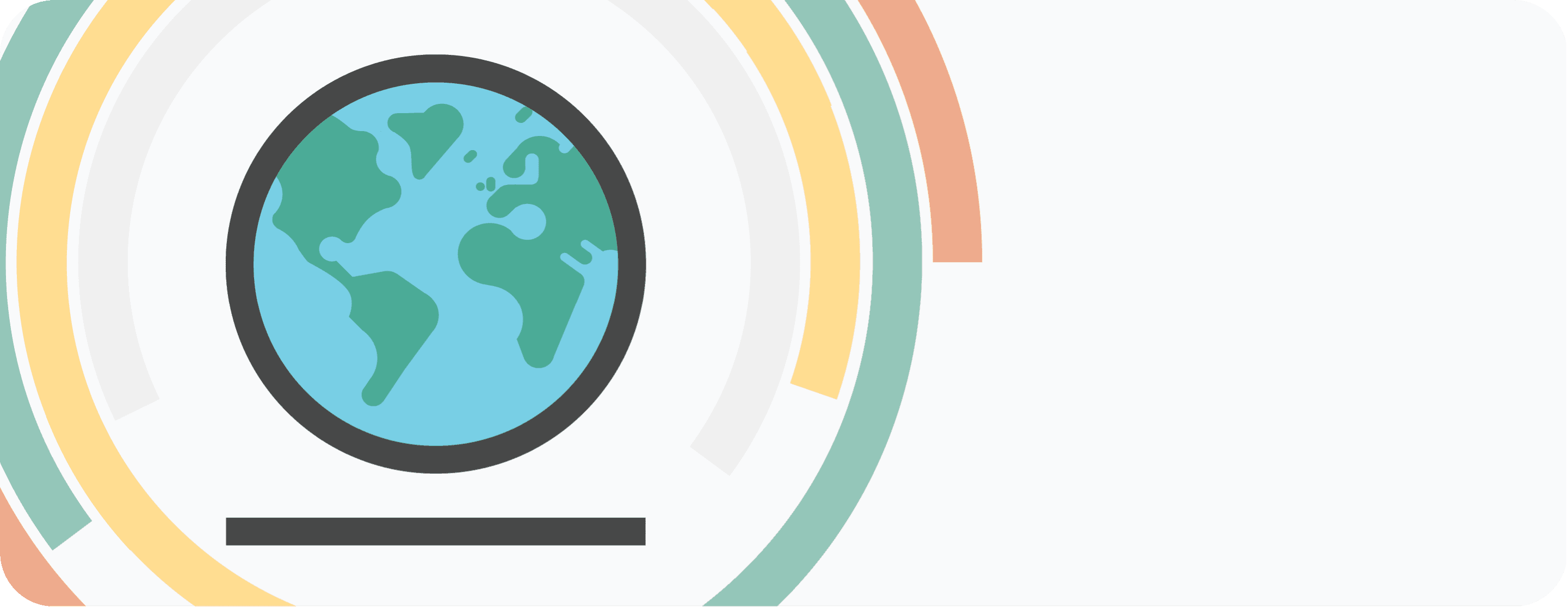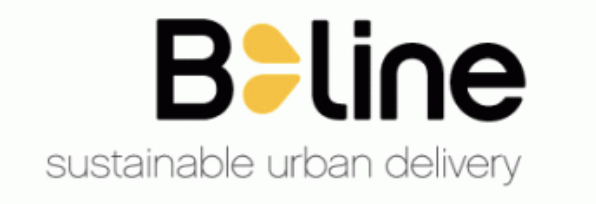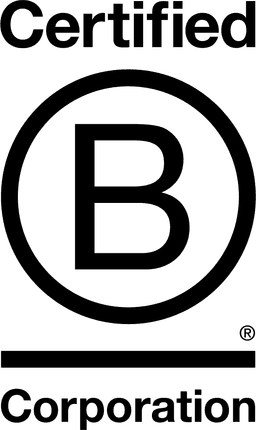

B-Line Urban Delivery

Oregon, United States
February 2010
Transportation support
Service with Significant Environmental Footprint
United States
Founded in Portland, Oregon in April of 2009, B-Line specializes in sustainable delivery services to the urban core. Utilizing a fleet of commercial grade "trike trucks" with a 600-pound cargo carrying capacity, B-Line partners with businesses large and small to handle their downtown and close-in delivery needs and solve the challenges conventional trucks and vans face in the "last mile" of a distribution network. B-line's services model the kind of change necessary to create sustainable distribution networks and supply chains, and illustrate the kind of paradigm shift essential to meeting the climate action goals our planet demands. • As a transportation company, B-Line’s vision is to redefine how goods and services are transported in our increasingly urban environment by simply providing the right tool for the job. • As an advertising and promotions company, B-Line seeks to combine flexibility with ingenuity. • As a stakeholder in our community, B-Line is passionate about creating a company that is part of a solution and a partner in living. We seek to enrich the fabric of our cities by reducing congestion and CO2 emissions, developing local, green-collar jobs, and partnering with local manufacturers and small businesses.
Overall B Impact Score
Governance 14.3
Governance evaluates a company's overall mission, engagement around its social/environmental impact, ethics, and transparency. This section also evaluates the ability of a company to protect their mission and formally consider stakeholders in decision making through their corporate structure (e.g. benefit corporation) or corporate governing documents.
What is this? A company with an Impact Business Model is intentionally designed to create a specific positive outcome for one of its stakeholders - such as workers, community, environment, or customers.
Workers 15.0
Workers evaluates a company’s contributions to its employees’ financial security, health & safety, wellness, career development, and engagement & satisfaction. In addition, this section recognizes business models designed to benefit workers, such as companies that are at least 40% owned by non-executive employees and those that have workforce development programs to support individuals with barriers to employment.
Community 17.1
Community evaluates a company’s engagement with and impact on the communities in which it operates, hires from, and sources from. Topics include diversity, equity & inclusion, economic impact, civic engagement, charitable giving, and supply chain management. In addition, this section recognizes business models that are designed to address specific community-oriented problems, such as poverty alleviation through fair trade sourcing or distribution via microenterprises, producer cooperative models, locally focused economic development, and formal charitable giving commitments.
Environment 26.3
Environment evaluates a company’s overall environmental management practices as well as its impact on the air, climate, water, land, and biodiversity. This includes the direct impact of a company’s operations and, when applicable its supply chain and distribution channels. This section also recognizes companies with environmentally innovative production processes and those that sell products or services that have a positive environmental impact. Some examples might include products and services that create renewable energy, reduce consumption or waste, conserve land or wildlife, provide less toxic alternatives to the market, or educate people about environmental problems.
What is this? A company with an Impact Business Model is intentionally designed to create a specific positive outcome for one of its stakeholders - such as workers, community, environment, or customers.
Customers 10.2
Customers evaluates a company’s stewardship of its customers through the quality of its products and services, ethical marketing, data privacy and security, and feedback channels. In addition, this section recognizes products or services that are designed to address a particular social problem for or through its customers, such as health or educational products, arts & media products, serving underserved customers/clients, and services that improve the social impact of other businesses or organizations.
What is this? A company with an Impact Business Model is intentionally designed to create a specific positive outcome for one of its stakeholders - such as workers, community, environment, or customers.